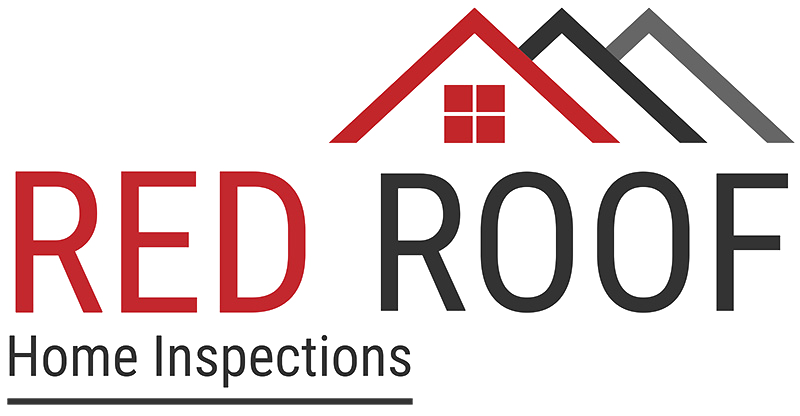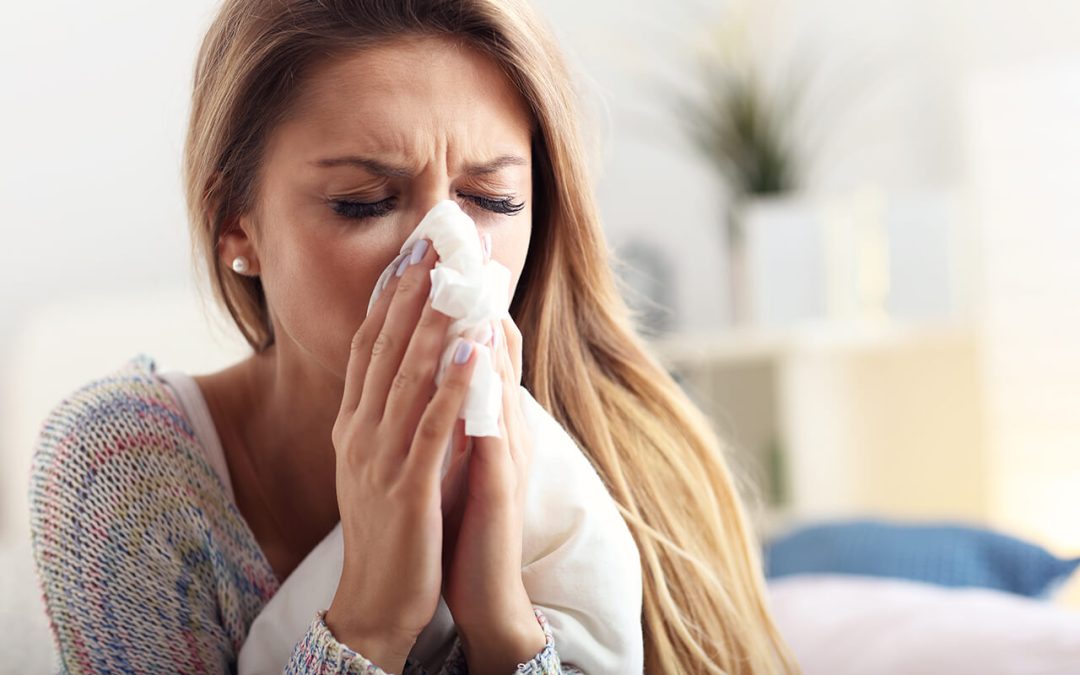Waking up every morning with itchy eyes and a sore throat is exhausting. If you or a loved one spends days and nights sneezing due to indoor allergens, it’s time to start allergy-proofing your home. Here are some of the easiest ways to get started.
Limit Mold Growth When Allergy-Proofing Your Home
Mold is one of the most common household allergens, and limiting mold growth can be challenging because it naturally flourishes in warm and damp areas. Your kitchen, bathroom, and basement are most prone to mold. Preventing mold growth takes ongoing work. Here are a few tips:
- When updating, use mold-resistant paint
- Don’t allow damp materials, like clothing and rags, to pile up.
- Take care when watering houseplants. Damp soil produces a place for mold.
- Keep temperatures inside your home between 65-72 degrees to discourage mildew.
- Use a dehumidifier and humidifier to maintain steady humidity levels
- Run the exhaust fan in the bathroom and kitchen when bathing or cooking to move damp air out of the house.
Dust During Allergy-Proofing
Dust naturally accumulates, and regularly cleaning it is critical to allergy-proofing the living spaces. Beyond wiping hard surfaces multiple times a week, use washable curtains and pillow covers. Launder these items regularly. When purchasing new furniture, opt for wood, leather, metal, or plastic materials that are easy to clean. Fabric upholstery is more challenging to clean.
Here are a few other tips for keeping dust under control.
- Vacuum the home using a HEPA filter.
- Clean high-traffic surfaces daily and other parts of the home once a week.
- Change your HVAC filters once a month to prevent dust, dander, and hair from recirculating in your home through the ductwork.
Allergy-Proofing Your Home: Prevent Pollen From Coming Inside
While pollen is an outdoor allergen, there are many ways it gets inside the house. Pollen allergies are common, so reducing the amount in your home will help everyone breathe easier. To control pollen inside the home:
- Take a shower after spending time outside, especially on high pollen days.
- Wash your hands after coming indoors, as pollen spores on your hand will irritate your eyes and nose.
- Don’t open the windows when pollen levels are high during the spring.
- Use doormats in front of each entrance and keep shoes outside or in a contained area by the front door.
These tips will help you reduce allergens in your home. Keeping the living spaces clean and free of dust, mold, and pollen will go a long way in creating a comfortable home for your family.
Red Roof Home Inspections offers inspections to homebuyers and sellers in the North Carolina Triad area. Contact us to schedule our services.

